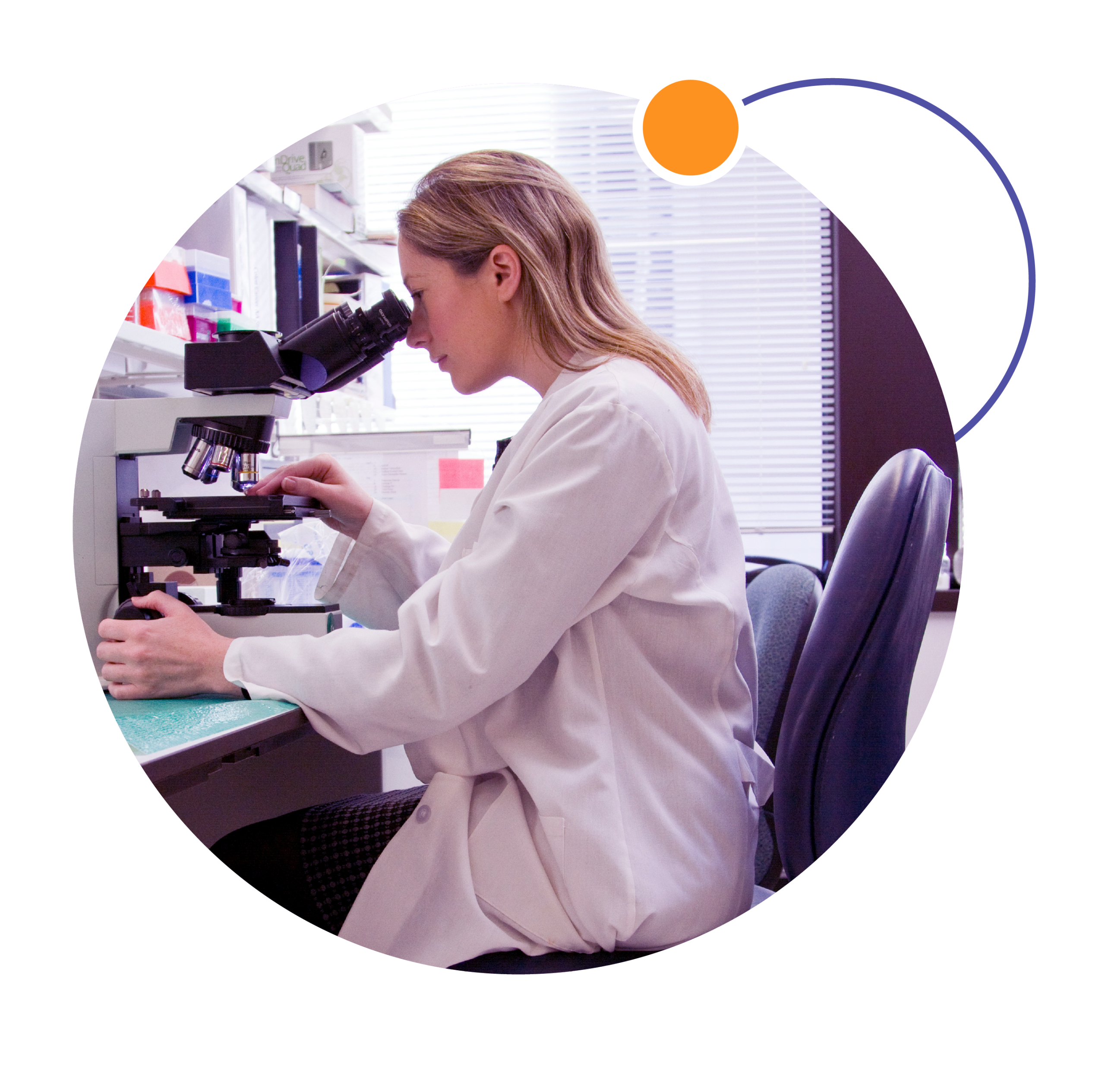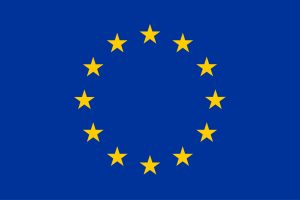WP4
Training of scientific and transferable skills
Objectives

Educate researchers with the skills needed to expand scientific knowledge by applying multidisciplinary approaches, to translate scientific findings and models into healthcare products and services, and with excellent transferable skills that will benefit them throughout their careers

Provide academic and industrial sector employers with researchers having broad skill sets and practical experience of adding research value by interacting across disciplines, sectors and borders

Disseminate expertise and best practices across the EU, via personnel exchanges and networking at training events, effectively advancing the structuring of doctoral training in cancer epitranscriptomics in Europe.
Training elements
The Individual Research Projects Our DCs will follow an individual research plan that defines the topic of their PhD thesis while enrolled in a full-time structured doctoral programme supported by the graduate schools and supervisors at the academic host institutions.
Mentoring Each DC will receive mentoring tailored to guide them through the PhD scientific journey and beyond. The DCs will prepare a Personal Career Development Plan that they will follow with guidance from their supervisory team and a dedicated mentor from another institution within the network.

The Network-wide events*
(*mandatory programme ensures high-quality training to the DCs, pliable to their specific needs)
DCs retreats where Personal Career Development Plans and transferable skills training will be implemented
Training schools targeting EURECA’s scientific and technical topics on the biomolecular and clinical aspects of cancer, the biology of RNA modifications, and the practical and theoretical background of biomolecular techniques and bioinformatics.
Each DC will participate in two or three international secondments (two to three months) hosted by one of the network partners to widen their expertise in different scientific or industrial research environments. Two-month secondments will focus on learning a new technique and three-month secondments on scientific content.
A rapidly evolving society demands a new generation of scientists to face new challenges. This requires original DC training going beyond conventional academic education. EURECA provides a training program including courses on Science and Society, Research and Project management skills, the principles of Open Science, The Green Charter in biomedical research, Knowledge utilisation and Entrepreneurship.


